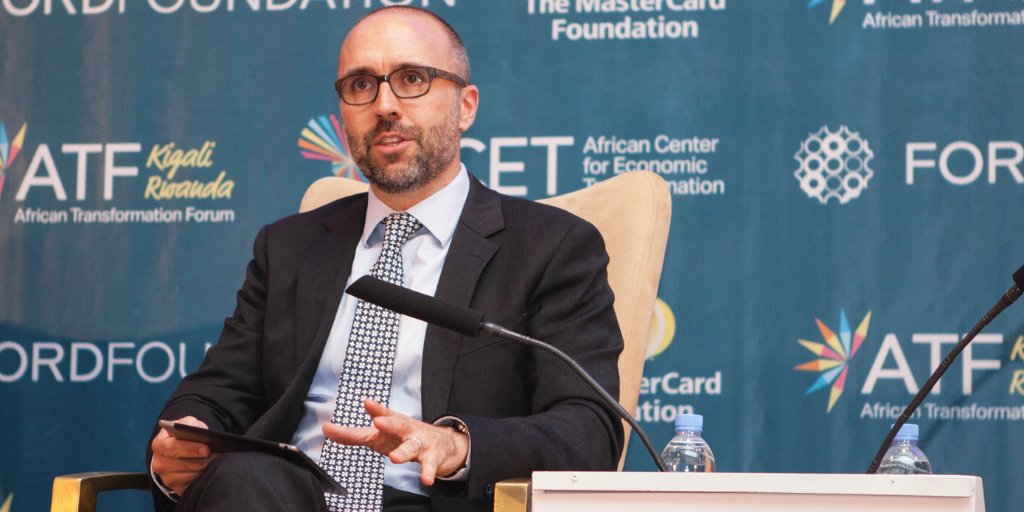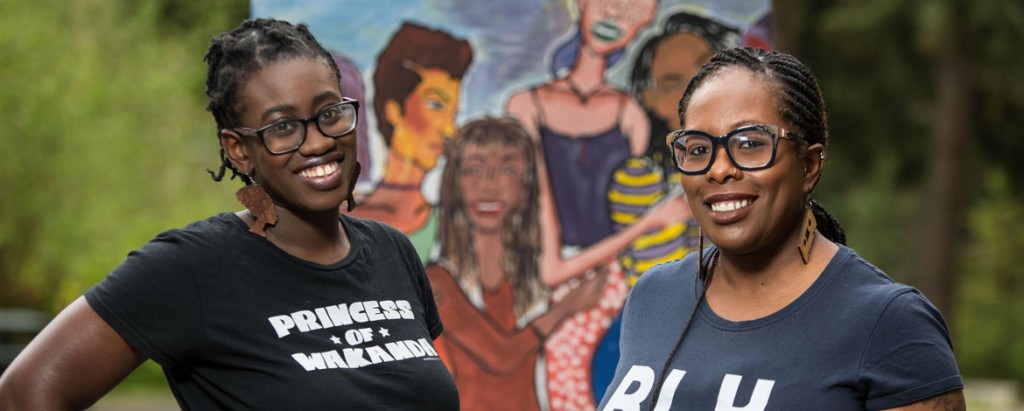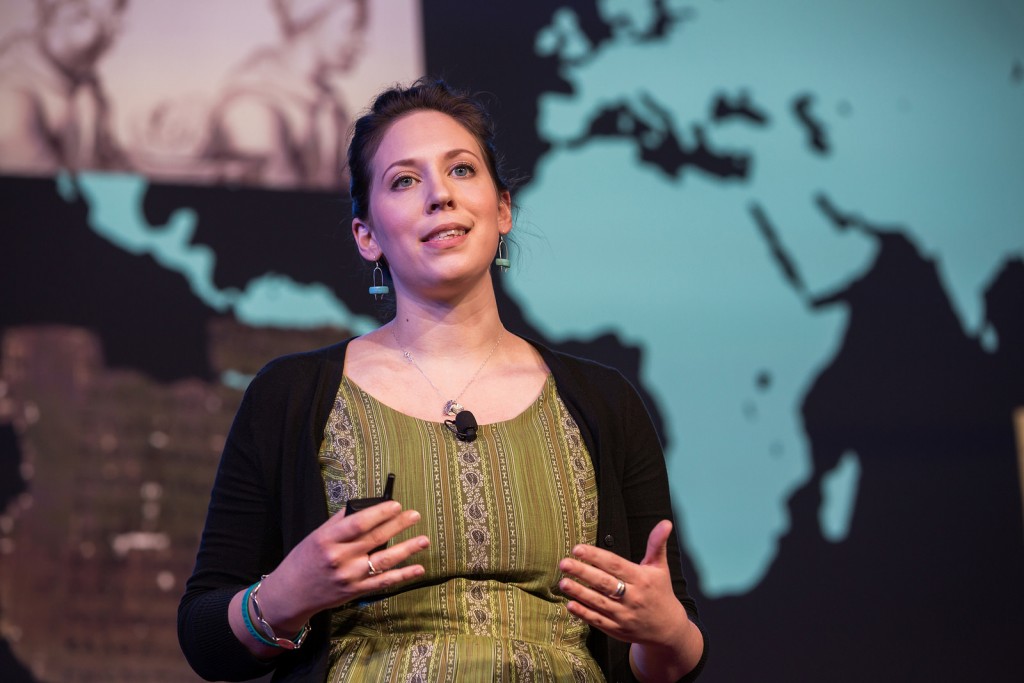Page 69 • (708 results in 0.076 seconds)
-

school—and also study Japanese—really appealed to me.” Carrato began PLU with plans to follow in his father’s professional footsteps, but his post-college travels cemented his passion for service over law or business. He became interested in human rights and NGOs and earned a master’s degree in International Studies from the University of Oregon. “I love service,” he says. “I thought for sure I’d be working for an NGO. I was going to be out there living in a village—which I now realize was a bit of
-

chances have grown again, this time to about 62 percent. It shouldn’t be hard to guess the political affiliations in a Seattle newsroom or a liberal arts college in Washington state. I talk to the reporter next to me about election-data entry becoming obsolete. “You know,” he says, “automation will replace 35 percent jobs in America. We’re lucky as journalists that computers won’t come for us until later.” I spend the next 20 minutes nervously chewing on stale pizza. Amid the results, one of my team
-
that includes our history, traditions, rituals and common memory. How can we understand what is happening now in terms of what has gone before? What is that common memory, that which connects our past with our present and future? For PLU it might mean understanding the ties that bind: academic freedom, respect for the basic humanity of all persons, care for the earth, being a part of a community and called to vocations in the world.12 While many of these ideas can be seen as arising from the
-
ignorance 40 years before Austen wrote Persuasion: “My own sex, I hope, will excuse me, if I treat them like rational creatures, instead of […] viewing them as if they were in a state of perpetual childhood, unable to stand alone.” Critics of the new Persuasion film echo A Vindication of the Rights of Women (1792) with their frustration at the way Austen’s original story lost some of its reason and complexity in this adaptation. Our dissatisfaction with the movie gives us much to reflect on, and as
-
think that our greatest contribution to children’s healthcare is through our emphasis on $1, interactive donations. This philosophy ensures that for every $1000 dollars we raise, we’ve ideally involved 1000 people within the PLU community. The interactive effort means that the individual becomes involved in the process of donating, rather than just dropping a dollar in a can. This the donor is more likely to reflect on the act of donating and what it means to them – why they want to support
-
echoed her frustration. Audrey Knutson ’07, a political science and global studies major, said 10-year-old Marimaua Muya can verbally comprehend what is said but has difficulty understanding what she reads. The Bantu children are still trying to adjust to life in the United States. During one tutoring session, Knutson asked Muya to locate Tacoma on a map of the United States posted in a corner of the classroom. Standing on a chair, Muya’s focus was on the Midwest. She needed prodding from Knutson to
-

2016, they crafted a research paper examining those experiences, which are often marginalized at in higher education. It focused on how black students navigate the natural hair journeys on campuses in the Pacific Northwest. Taiwo and Hambrick jumped at the opportunity to write the paper after learning of a political science journal accepting submissions on the theme of #BlackGirlMagic, a movement created in 2013 by CaShawn Thompson to celebrate black women. Tolu Taiwo (left), outreach and
-
future informed by the school’s ideals of “competence, leadership and service”. During the 11 years I was there, we were able to increase our standards and enrollment, adding faculty positions in music theory, choir and music therapy. About the time the job opening at PLU was published, we hosted noted composer Morten Lauridsen in a sell-out concert at Trinity Cathedral (Portland). I realized the department had accomplished most of the what we had attempted to do, and decided it was a good time to
-

potentially huge impact. “She is on the ground floor of a relatively new field that has the possibility of making all kinds of great insights into cancer in the evolution of history,” Ryan said. As Hunt and other researchers unearth more and more ancient evidence—breast cancer in 3500 B.C. Egypt, osteo-sarcoma in a T. rex femur—Hunt has formed an intriguing theory: She believes cancer is inherent in human beings and is aggravated by—rather than caused by—environmental factors. Her goal now is to gather
-

passionately backs that fight. “Classics is the foundation of our knowledge, our history, our philosophy and how we make sense of the world we live in now,” said Dobyns, who graduated in 2001 and credits his self-directed film major and his overall professional success to the classics at PLU. “Without that foundation, we have no grounding in why the world is the way it is.” O’Brien and division leaders across the university are now tasked with responding to those preliminary recommendations, part of an
Do you have any feedback for us? If so, feel free to use our Feedback Form.


